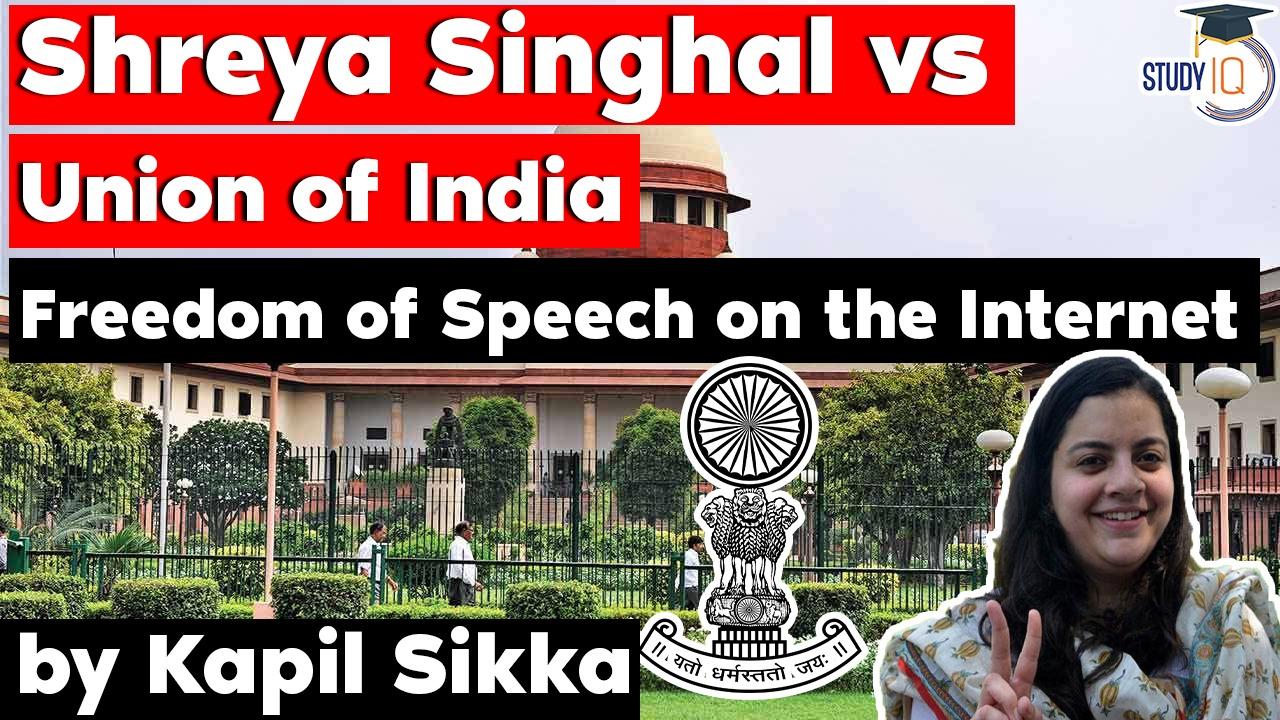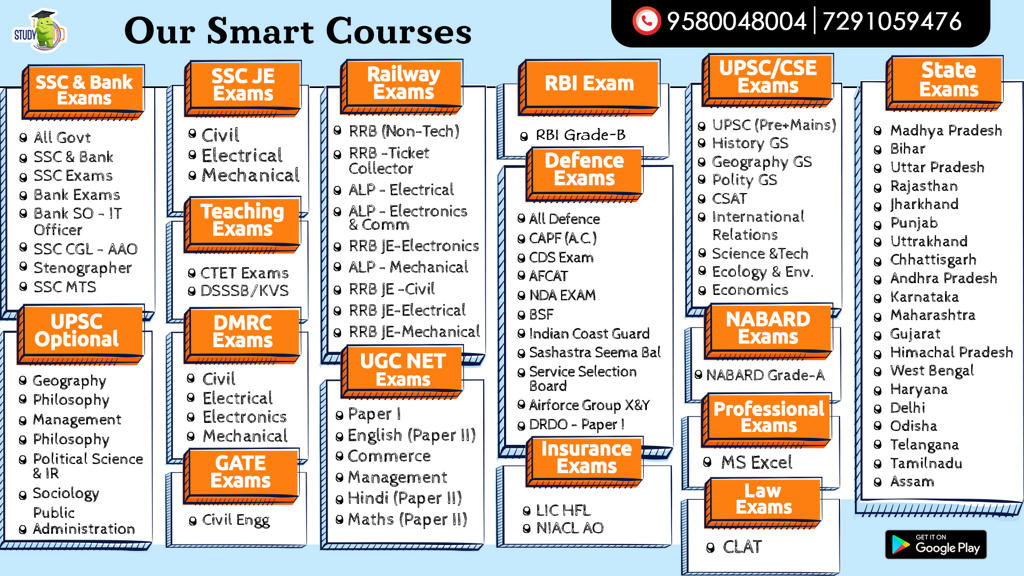Table of Contents


- Introduced with an amendment in 2009, the section punishes offence or annoyance caused through electronic communication media.


Fact Of Case
- 2 girls in 2012 were arrested on a Facebook post regarding the displeasure of Bandh in Mumbai post Bal Thackery’s death
- Booked and arrested under Sec 66A of IT Act, 2000
- In the year 2013, the Union Government recommended that the arrest of a person made under Section 66A of the IT Act shall not be without prior authorization of the superior officer, who is not below the rank of Inspector General of Police.
Fact Of Case
- In response, numerous petitions filed by the people across the country to strike down the unconstitutional provisions of the IT Act.
- The Apex Court of India clubbed those petitions into a single PIL and the case came to be known as Shreya Singhal v. Union of India.
Writ Filed
- Declare Section 66A, 69A and 79 of the IT Act ultra-vires to the Constitution of India, as they have ambiguous interpretation.
- Against Fundamental Right to Article 14, 19(1)(a) and 21 of the Indian Constitution.
Arguments of the Respondent
- Obligation of the legislature to address the needs of the people
- The Court of law can interpret the law in a manner which makes it justly enforceable
- The abuse of legislation by the executive authorities cannot be a sole reason to pronounce the law ultra-vires to the Constitution of India.
- Broad terminologies are used in the law to protect the rights of citizens from those who infringe them by the means of this medium.
Court Held
- Various judgments of this Court have referred to the importance of freedom of speech and expression both from the point of view of the liberty of the individual and from the point of view of our democratic form of government.
- For example, in the early case of Romesh Thappar v. State of Madras, [1950] this Court stated that freedom of speech lay at the foundation of all democratic organizations.
- In Sakal Papers (P) Ltd. & Ors. v. Union of India, [1962] a Constitution Bench of this Court said freedom of speech and expression of opinion is of paramount importance under a democratic constitution which envisages changes in the composition of legislatures and governments and must be preserved.
Court Held
- In a separate concurring judgment Beg,J. said, in Bennett Coleman & Co. & Ors. v. Union of India & Ors., [1973], that the freedom of speech and of the press is the Ark of the Covenant of Democracy because public criticism is essential to the working of its institutions.
- Whitney v. California, 71 Liberty should be treated as a means as well as an end and to justify suppression of free speech there should be a reasonable explanation to fear that serious evil will result if such free speech is practiced
Hence
- Section 2(v) of IT Act , defines information, it does not refer what information can be. It only talks about dissemination of Information
- The SC declared Section 66A of IT Act as unconstitutional and struck it down on the grounds of curtailment of Free speech
- The court said such a law, which was often misused by police in various states to arrest innocent persons for posting critical comments about social and political issues and leaders on social networking sites, hit at the root of liberty and freedom of expression, the two cardinal pillars of democracy.
But
- Section 69A and Information Technology (Procedure and Safeguards for Interception, Monitoring and Decryption of Information) Rules, 2009 was held intra-vires to the Constitution of India.
- Section 79 was affirmed to be legitimate subject to the reading down of Section 79(3)(b) of the IT Act.
Download | Free PDF

























 WhatsApp
WhatsApp